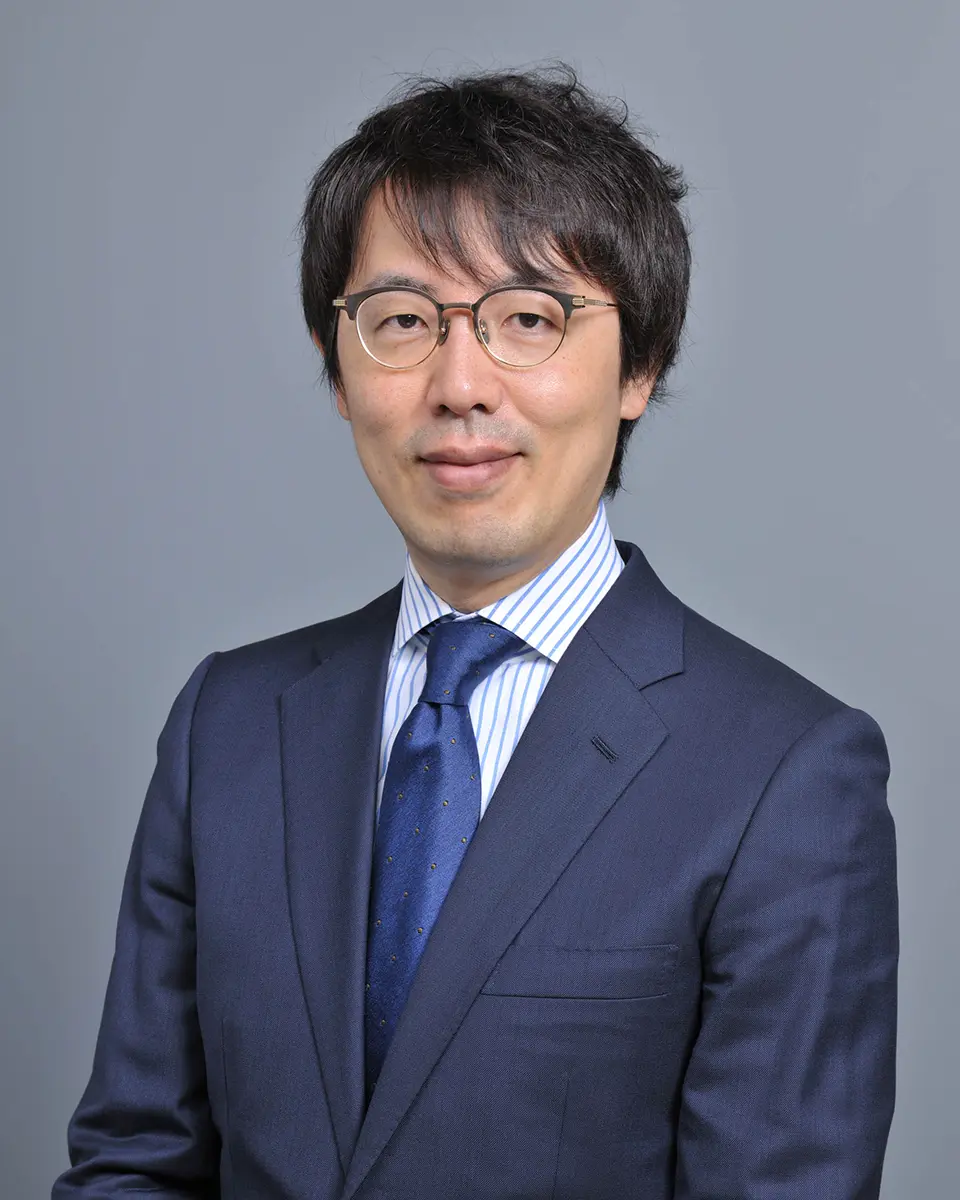
- HOME
- Stress-imprinted Immunity Project
Stress-imprinted Immunity Project
Uncovering molecular mechanisms underlying the progression of heart failure caused by stress-induced innate immune memory
Yukiteru Nakayama is a cardiovascular immunologist and physician-scientist whose research explores how cardiac stress and heart failure imprint long-lasting changes on the hematopoietic and immune systems. He graduated from the Faculty of Medicine at the University of Tokyo in 2004 and obtained his Ph.D. from the Graduate School of Medicine, the University of Tokyo, in 2013. Following more than a decade of clinical practice as a cardiologist at the University of Tokyo Hospital, he kicked off the Stress-imprinted immunity Project at the Tokyo Metropolitan Institute of Medical Science in October 2025. His research centers on stress-imprinted immunity—how sympathetic neural remodeling and altered bone marrow niches influence hematopoietic stem cells and drive chronic inflammation in heart failure.
Backgrounds
The prevalence of heart failure (HF) is rapidly increasing worldwide due in part to the graying of society. Despite significant medical advances in recent decades, HF mortality rates remain high. Chronic inflammation has emerged as a key contributor to the development of cardiovascular diseases, including HF. However, results of more recent clinical trials evaluating drugs targeting inflammation and cytokines have been mixed and conflicting. This highlights the complex regulatory mechanisms underlying inflammation in HF.
We recently reported that hematopoietic stem cells (HSCs) in bone marrow can carry an innate immune memory of cardiac stress that exacerbates HF and predisposes other organs to pathology. HF causes epigenetic alterations in HSCs, which not only shifts their differentiation trajectory toward myeloid cells but also affects differentiation of monocytes to macrophages. The progeny monocytes from HF-experienced HSCs more frequently give rise to proinflammatory macrophages than to mature cardiac tissue resident macrophages.
As tissue resident macrophages are essential for the maintenance of cardiac homeostasis and proper adaptive responses to cardiac stress, perturbations to cardiac macrophage homeostasis by HF-experienced HSC-derived cells likely induce cardiac dysfunction and remodeling. Similarly, systemic changes to tissue-resident and monocyte-derived macrophages recruited upon insult likely contribute to the increased vulnerability of the kidneys and skeletal muscles by biasing stress responses toward inflammation and remodeling.
Objectives
- Analyzing the behavior and phenotype of hematopoietic stem cells in mouse models of heart failure.
- Elucidating how innate immune memory in the context of heart failure is established through alterations in the hematopoietic niche and sympathetic neural activity.
- Uncovering novel molecular mechanisms underlying the onset and progression of heart failure by integrating single-cell multi-omics and clonal analyses of peripheral blood from heart failure patients.
